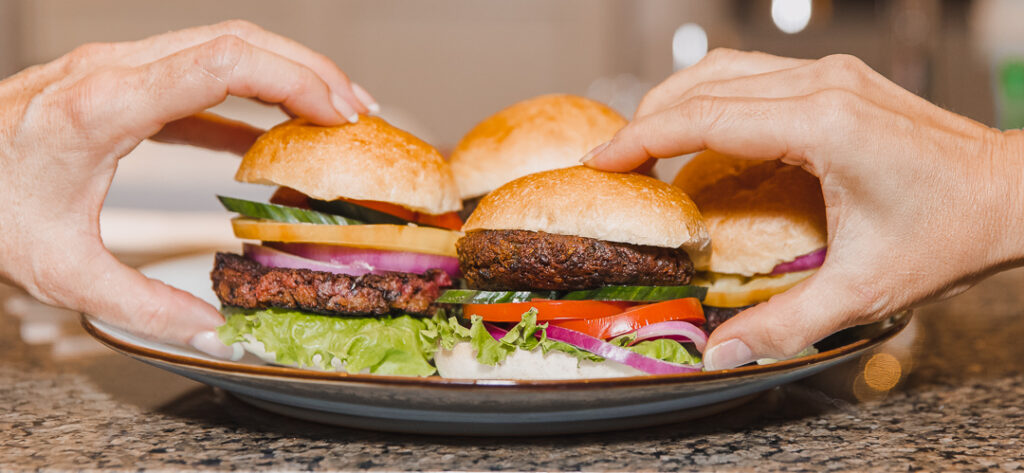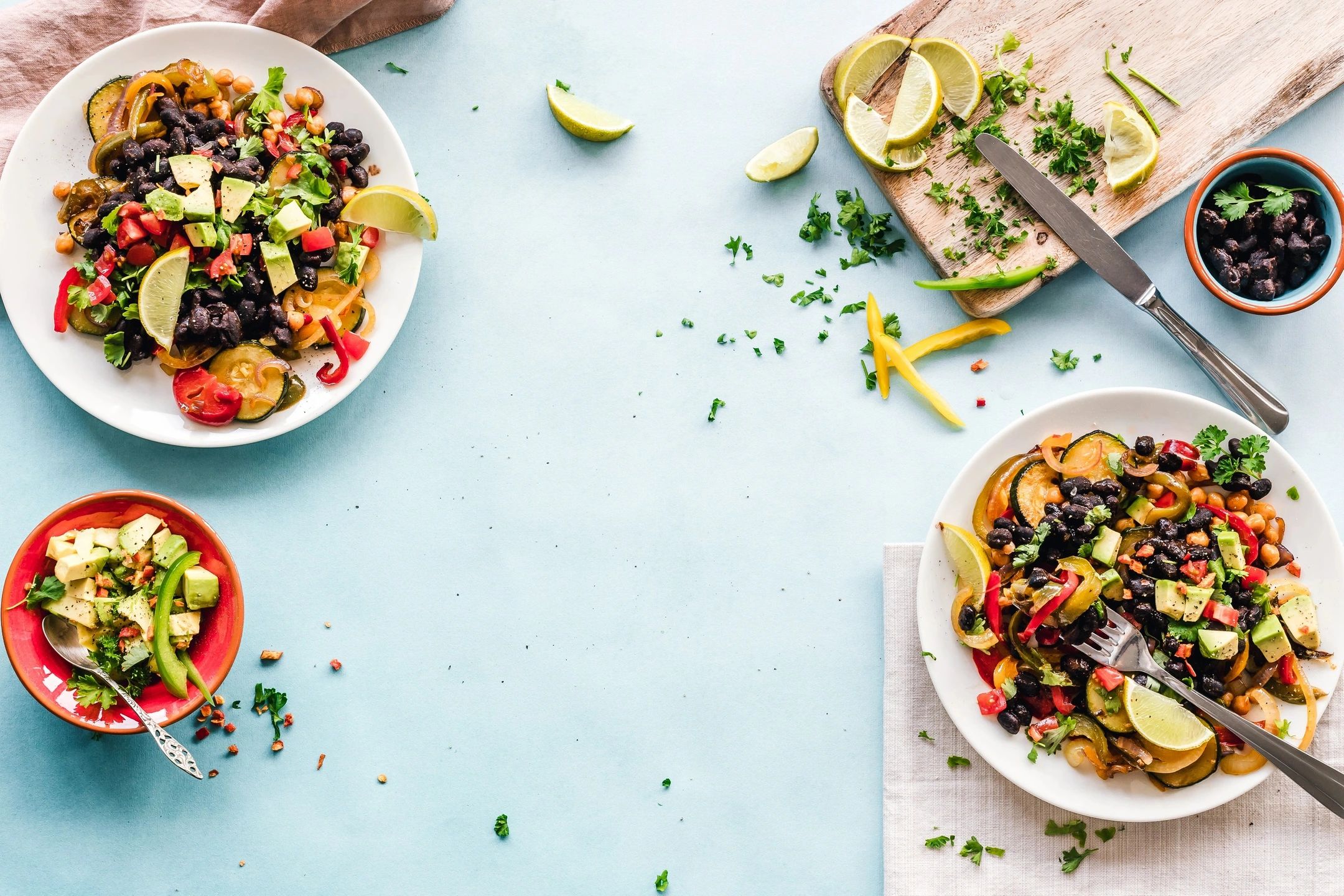In lieu of the news of our exciting partnership with the Vancouver Golf Tour, a misconception needs to be addressed. For years athletes’ diets revolved around meat- getting as much protein and nutrients as possible. Athletes did not see a vegan diet as an optimal choice. Today, more and more athletes are opting for plant-based options. What has changed, and what are the benefits of consuming a vegan diet in sports? Let’s dive in.
Why The Change?
For many years, the perception was that consuming meat made men more ‘manly.’ A big part of the reason was due to marketing. Take Carl Jr’s commercials, for example. They famously created campaigns involving attractive women wearing bikinis, seductively eating a burger. In recent years, not only have gender norms been shifting, but also awareness of the negative impacts on our planet and individual health. We now have more information than ever before.
New Information
In Katharina Wirnitzer’s Narrative Review: Vegan Diet in Sports and Exercise – Health Benefits and Advantages to Athletes and Physically Active People, she really dives in on the new information we now are aware of or accept. While animal sources are known to be excellent sources of protein, it is now commonly known that many foods from animal sources are also highly processed, which we also know is not great for our health. According to Katharina, “Up to 92% of human exposure to toxins comes from the consumption of animal foods (meat, fish and shellfish, and dairy products), compared to about 8% resulting from eating plant foods.”

Healthy Carbohydrates
For an athlete to be in tip-top athletic shape, it is critical to have a healthy heart. Plant-protein and vegan diets are linked to a more robust cardiometabolic profile than a mixed diet. It is important to note that vegan food products are often higher in complex carbohydrates and dietary fiber. As athletes who are constantly expanding energy, their bodies depend on carbohydrates for fuel. Katharina states: “It is evident that carbohydrates are utilized by the body most efficiently and thus constitute not only the preferred fuel at rest. Typically, complex carbohydrates contribute to the majority of a vegan’s energy intake.”

Enough Protein?
In the past, the complaint was that vegan or plant-based food sources didn’t contain adequate amounts of protein. However, this is a misconception. With a well-balanced and proper vegan diet, it is absolutely possible to get enough protein. Especially today, there are plenty of healthy, tasty options with adequate protein. For example, our Modern Burger contains 14 g of protein. The traditional view of athletes focusing on protein could result in neglecting carbohydrates, which, as explained above, are essential to athletes’ diets.

Still More Research Needed
Katherina explains that there is still much more long-term research needed. However, it is possible to be a high-performing athlete on a vegan diet.
Disclaimer: This blog is not intended to be a substitute for professional medical advice. Never disregard professional medical advice or delay in seeking it because of something that you have read on this blog, website, or in any linked materials.




